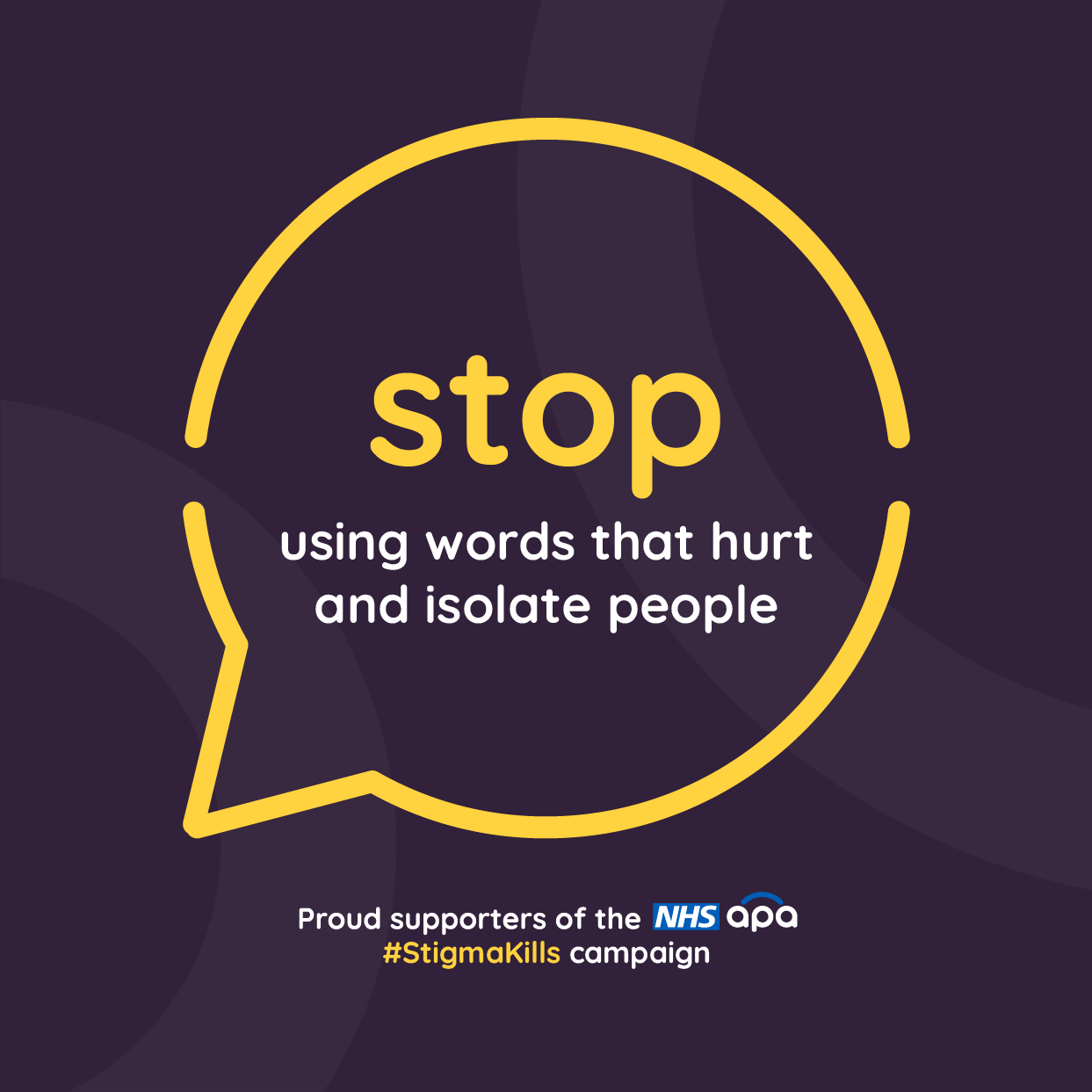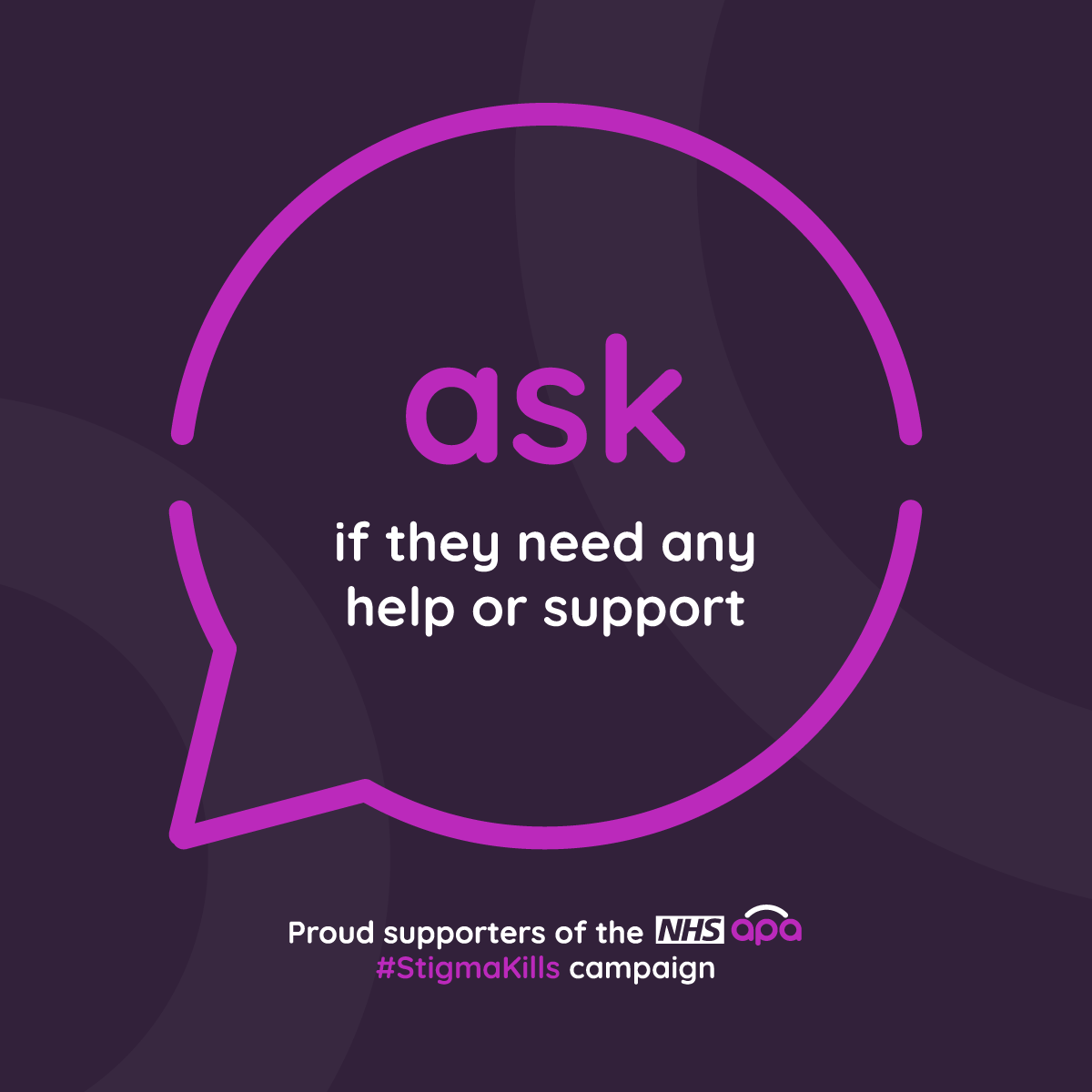Stigma Kills: See The Person, Hear Their Story
Warning: This article discusses addiction and related issues
Many people struggle with addiction, but they often feel judged. This is called stigma, and it makes it hard for them to get help.
The Stigma Kills campaign wants to change how we talk about addiction. It aims to stop judgment and make it easier for people to ask for help.
What Is Stigma?
Stigma means treating someone unfairly because of something they are dealing with, like addiction. People often think addiction is a personal failure, but it is an illness.
When someone feels judged, they may avoid getting help, and this can make their problems worse.
How We Can Help
The Stigma Kills campaign asks us to think differently about addiction. Instead of blaming or using hurtful words, we should listen and offer support. Something as simple as asking, “Are you okay?” can make a big difference.



Healthcare professionals can also help by using kind and supportive language. This helps patients feel safe when they seek treatment.
Share Stories and Spread Awareness
The campaign uses the hashtags #SeeThePersonHearTheirStory and #WeAllKnowSomeone to remind us that people with addiction are more than their struggles.
Everyone has a story, and everyone deserves help.
What You Can Do
You can make a change by being kind and thinking about how you talk about addiction. Don’t use words that make people feel ashamed. Show that you care and understand that addiction is a health issue, just like any other illness.
If you want to learn more or take a pledge to stop stigma, visit the Stigma Kills website.
For more information or support about addiction, visit:
